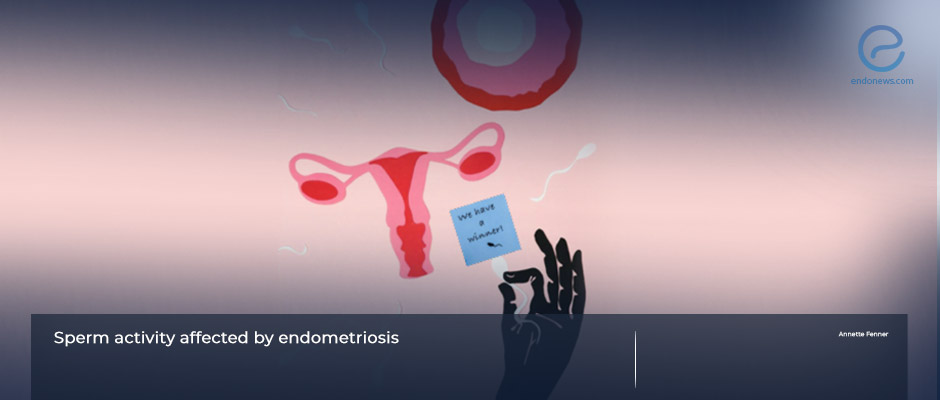Does endometriosis have an adverse effect on sperm activity?
Oct 31, 2024
The Hidden Role of Extracellular Vesicles in Endometriosis-Related Infertility
Key Points
Highlights:
- Extracellular vesicles (EVs) from women with endometriosis significantly impair sperm activity, contributing to infertility.
Importance:
- It is crucial for women with endometriosis-associated infertility to understand the detrimental effects of the disease on sperm function.
- Investigating the role of EVs in endometriosis may illuminate the complex pathogenesis of infertility linked to this condition.
What’s done here?
- This research highlight summarizes a recent article by Zhang et al. published in Journal of Cellular Physiology, which evaluates the impact of endometriosis on sperm activity.
- EVs were extracted from vaginal secretions of 20 women with and without endometriosis and incubated with human sperm to assess effects on motility, viability, and acrosome reaction.
- In vivo effects and reproductive outcomes were examined using a mouse model of endometriosis, measuring conception rates and implantation sites after EV transplantation.
Key results:
- EVs from vaginal secretions of women with endometriosis decreased sperm motility and viability in a dose-dependent manner.
- Conversely, EVs from healthy women enhanced sperm motility and viability.
- The study combined in vitro assessments of sperm parameters with in vivo evaluations to explore the effects of these EVs on conception rates and implantation success.
- Endometriosis-derived EVs were associated with reduced conception rates and increased ratios of inflammatory cells, indicating a negative impact on reproductive outcomes.
- This research underscores the critical influence of EV's from women with endometriosis on sperm function, offering valuable insights into the challenges of infertility in this population.
Lay Summary
Infertility is one of the symptoms encountered in up to 40-50% of women with endometriosis. There are several pathophysiological theories suggesting the development of endometriosis-associated infertility such as altered pelvic anatomy, adhesions, disrupted ovarian reserve/function and compromised endometrial receptivity as well as systemic effects of the disease.
There is limited evidence about the effect of sperm activity on endometriosis-associated infertility.
Fenner A., published a research highlight entitled as “Sperm activity affected by endometriosis” in the Nature Reviews Urology. The author aimed to summarize and highlight the details of the study titled “Vaginal extracellular vesicles impair fertility in endometriosis by favouring Th17/Treg imbalance and inhibiting sperm activity” by Zhang Z. et al., recently published in Journal of Cellular Physiology.
Sperm activity including total motility, progressive motility, average linear velocity and sperm viability were all significantly decreased in endometriosis patients compared with those having no endometriosis.Conception rate and the number of implantation sites were found to be decreased significantly in mouse model. T helper 17 cell-to-regulatory T cell ratio was increased with 5-fold in endometriosis patients, supporting the negative impact of T helper 17 cells on fertility.
“These data provide intriguing insights into the mechanism of infertility in couples with a female partner with endometriosis, providing evidence for a direct role of extracellular vesicles on sperm, leading to changes in sperm parameters as well as implantation and reproductive outcomes.” the author added.
Research Source: https://pubmed.ncbi.nlm.nih.gov/38253818/
endometriosis sperm activity motility conception rate T helper 17 cells

